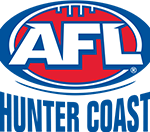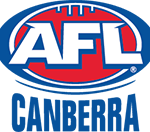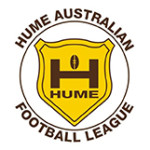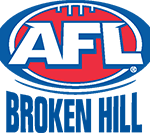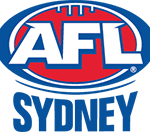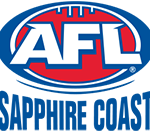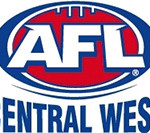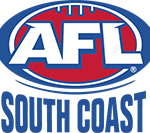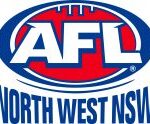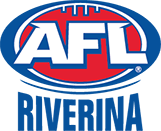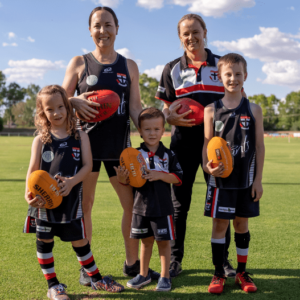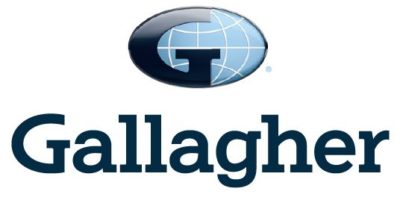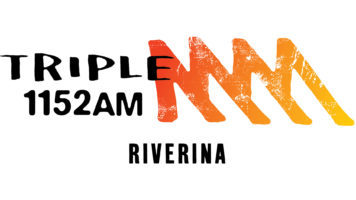A New South Welshman that represented Victoria
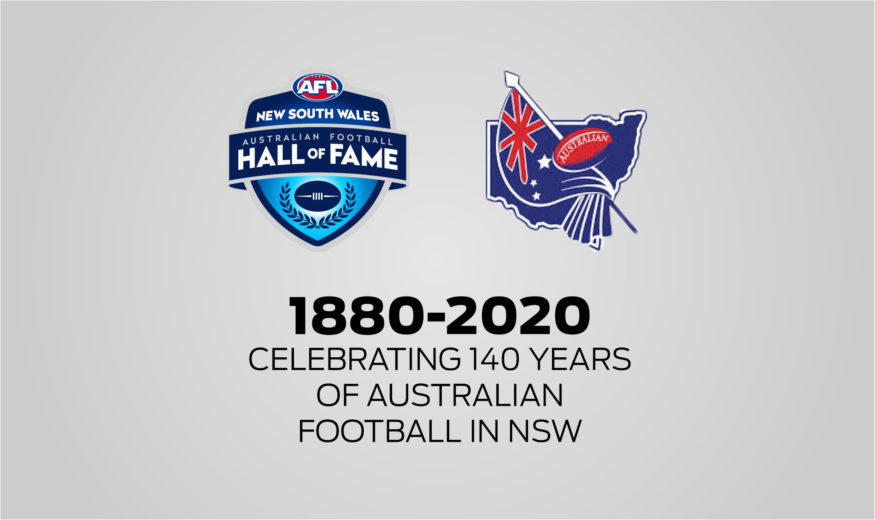
Australian Football celebrates its 140th anniversary in New South Wales this year after the founding of the NSW Football Association in Sydney in 1880.
To commemorate, 140 coaches, players, umpires, administrators and media personalities from both the Elite (VFL/AFL) and Community level will be inducted into the inaugural New South Wales Australian Football Hall of Fame.
Neil Cordy profiles the nominees his former team-mate David Murphy:
Who is the only player to represent Victoria in State of Origin but never lived in the state?
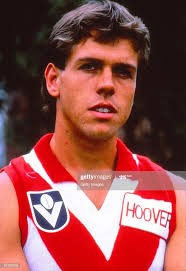
The answer is David Murphy and it’s a trivia question which has produced plenty of quizzical looks and a few free beers over the years.
‘Murph’ played for Victoria six times but is a born and bred New South Welshman.
He grew up in Finley playing all his junior football there before moving to Wagga Wagga and lining up for Turvey Park.
It was a humble beginning to a stellar VFL/AFL career which ultimately saw him claim All Australian honours for NSW and a hallowed place in the Sydney Swans Team of the Century.
One of Murph’s proudest moments when he sat alongside fellow former Finley resident and legendary coach Alan Jeans at the announcement of the 1988 All Australian team. His father Ray played alongside Jeans in Finley’s 1954 premiership when they beat archrival Tocumwal.
“It was the first time I’d met Yabby,” Murphy said. “It was last day of the National Carnival in Adelaide and I was sitting right next to him. When my name was read out he shook my hand and said well done son, your mum and dad would be proud. It was a nice moment, dad had told me a story about the day he was hit behind play and then he heard clunk. He turned around to see Yabby standing over the bloke who hit dad. Dad said to me he felt 10 feet tall.”
Those formative years in the Riverina were no walk in the park for Murph either as he played most of his junior footy against boys much older and bigger. “When I started playing junior footy I was about four years younger than my team mates and opponents,” Murphy said.
“I eventually got to play against my own age group and thought maybe I can play. It was hard but really helped me in the long run. I learned how to stay out of trouble, I learned how to kick the ball and compete against older boys.”
Murphy faced another hurdle early on when he ruptured his ACL just before he turned 18. The injury could easily have cost him his AFL career as it forced him out of football for almost two years.
“I couldn’t have an operation because I was still growing so I had to wait a year,” Murphy said. When I was operated on I was alongside Keith Greig and Roy Ramsay from North Melbourne. It was a long rehab in those days, my leg looked like my arm. I worked in the bank in Wagga so I would go to the gym or the pool after work to build up my leg.”
When he eventually recovered he started playing in the under 19s at Turvey Park. His form was outstanding and the following year was promoted to the seniors. He kicked 76 goals and 78 in consecutive seasons playing as a half forward.
Swans recruiter Greg Miller came to the Riverina to watch Paul Hawke and liked what he saw with Murphy so signed them both for the 1984 season.
If Murphy thought it was tough going playing out of his weight division in the Riverina there was to come in the VFL. Fully grown at 179cm (5’11”) and 75kg he was smaller than virtually every opponent he played on.
But his lightning speed, high marking and long kicking were prized assets in any league and he quickly established himself as one of the stars in a Sydney team which featured some of the greats of the 1980s.
Led by Brownlow Medallists in Greg Williams and Gerard Healy Murphy was part of a super midfield. The group also featured the ball winning of Barry Mitchell, the dash of David Bolton and the flair and hardness of the late Merv Neagle.
Murphy’s ten seasons and 156 games in the red and white played almost entirely on the wing. He, Williams and Healy were all named in the Swans Team of the Century.
He also played alongside Swans Hall of Fame inductee Bernard Toohey. The pair met on their first day of primary school in Finley and went through their entire schooling together including Finley High School.
“It was tough competition,” Murphy said. “We played against each other before school, during recess and lunch and after school. Bernard went to Geelong first but I was so happy when he came to the Swans.”
When Murphy hung up his boots in 1993 his time in football was far from over. He took over the coaching job at St Ignatius- Riverview when his son Kane enrolled in 2005 and is still in the job 16 years later.
Sydney’s GPS schools are dominated by Rugby Union but St Ignatius had a long association history with Aussie Rules because of the Jesuit priests who had come from Victoria. In fact Aussie Rules was first played at the school in 1880, 12 years before the first Rugby Union school game was played.
2005 grand final hero Leo Barry is its most famous son but the school has produced lots of talent and become the standard setter for Aussie Rules in Sydney’s GPS schools winning the 2016, 2017 and 2018 premierships.
“Footy has a great history at this school,” Murphy said. “It’s good to be a part of that, I love being involved in football, I get on well with the kids even though I’m a bit older and they still laugh at my jokes.”
Murphy’s son Kane went on to a very successful football career himself playing in Norwood’s 2014 premiership in the SANFL. He also represented NSW Primary Schools and at the under 16 and under 18 National Championships. More recently he played at Sydney Uni in the NEAFL.
One of the highlights of his career came last year when he pulled the boots on for Finley making it three generations of Murphy’s to play for the club.
“I was happy for dad,” Murphy said. “He had a tear in his eye watching him. Finley is still a very good club, the Hawkins (Tom Hawkins- Geelong) are still heavily involved, about half the team are Hawkins.”
The sporting ability isn’t confined to the men in the Murphy family, Kane’s sister Kara played softball for Australia and her mum Tania was Riverina Open Tennis champion for five years in a row.
Even his mother Edna was a pretty handy footballer. “She was a left footer and pretty agile,” Murphy said. “She played in a few women’s games for Berrigan. Her family were tall so I don’t know what happened to me.”
